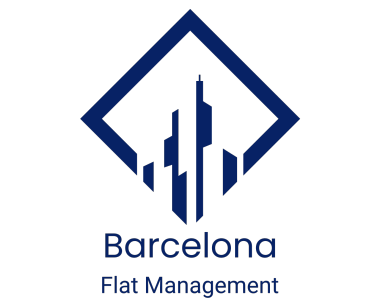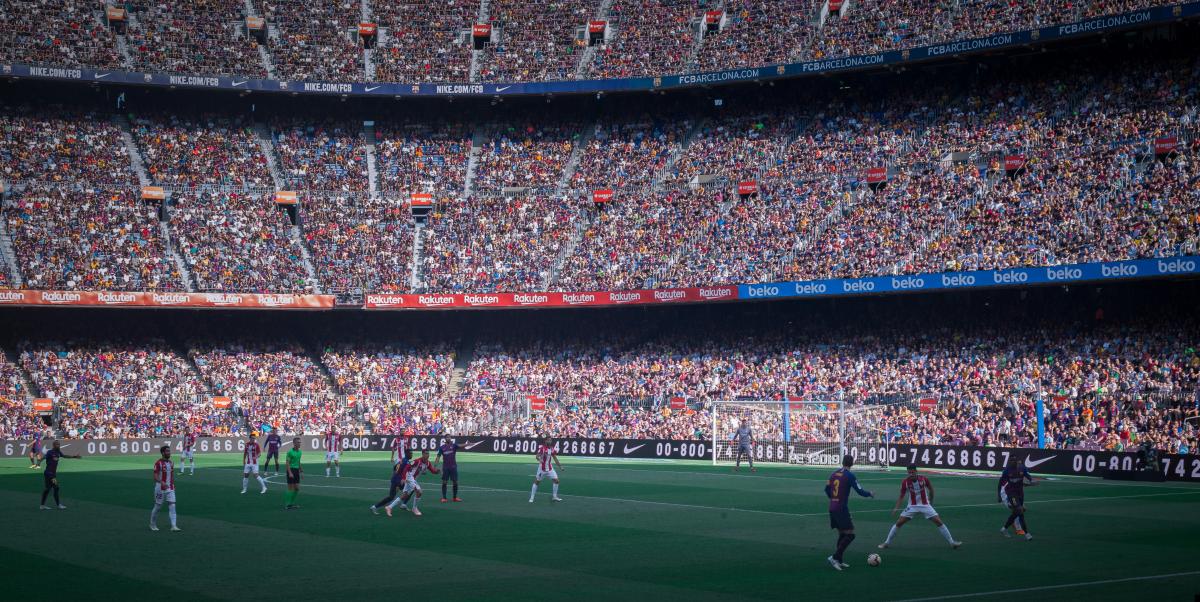Barcelona, a city celebrated for hosting illustrious sporting events like the Olympics and major football matches, stands at the forefront of sports tourism. This vibrant city sees a dramatic influx of visitors during these events, significantly influencing its flat rental market. These gatherings not only showcase Barcelona’s rich sporting culture but also trigger dynamic changes in its rental landscape, reflecting the unique intersection of sports, tourism, and urban living.
This article delves into how these major events shape the city’s flat rentals, creating a ripple effect throughout Barcelona.
Olympic Legacy: The 1992 Games and Beyond
The 1992 Barcelona Olympics marked a significant turning point in the city’s urban landscape and had a lasting impact on its infrastructure and housing market. This monumental event acted as a catalyst for comprehensive urban renewal, transforming neglected areas into bustling neighborhoods and modernizing the city’s infrastructure. Notably, the development of the Olympic Village and the revitalization of the waterfront area brought a new wave of interest in Barcelona’s real estate.
Post-Olympics, these once underdeveloped areas saw a surge in property values and became sought-after residential zones. Moreover, the enhanced transport links and improved public spaces boosted the city’s appeal to tourists, leading to a rise in short-term rentals. This influx of tourism, spurred by the city’s enhanced global image, not only diversified Barcelona’s housing market but also intensified the demand for accommodations, shaping a more dynamic, albeit challenging, rental landscape. The legacy of the 1992 Olympics thus extends far beyond sports, leaving an indelible mark on Barcelona’s urban fabric and housing economy.
Football Fever: FC Barcelona’s Influence on Seasonal Rentals
FC Barcelona, with its global fanbase and iconic status, plays a pivotal role in shaping the seasonal rental market in Barcelona. The allure of high-profile matches, particularly those at the renowned Camp Nou stadium, brings a wave of football enthusiasts to the city, significantly impacting flat rentals. During key football seasons, especially around classic derbies and crucial European fixtures, there’s a noticeable spike in rental demand. This surge is most prominent in neighborhoods close to the stadium, where short-term rental prices can soar, reflecting the premium fans are willing to pay for proximity to the match venue. Landlords capitalize on these peak periods, adjusting rental prices to match the heightened demand.
Furthermore, the influx of football fans contributes to a vibrant, albeit temporary, change in the city’s demographic and economic landscape. Local businesses, from bars to souvenir shops, thrive during these periods. The trend in rental prices during FC Barcelona’s key matches illustrates a unique economic phenomenon, where sport significantly influences the rhythm and profitability of the city’s rental market.
Economic Boost or Housing Crisis? A Dual-Edged Sword
Major sporting events in Barcelona, while bringing an economic boost, also pose challenges, acting as a dual-edged sword. On one side, these events generate substantial revenue for local businesses. Bars, restaurants, and retail outlets enjoy a surge in sales, buoyed by the influx of tourists and sports enthusiasts. Property owners, too, benefit from higher rental incomes, as demand for accommodations near event venues spikes. Short-term rental prices can escalate significantly, reflecting the increased willingness of visitors to pay for convenience and proximity.
However, this economic windfall has its downsides. The inflated rental market can lead to the displacement of long-term residents, who find themselves priced out of their own neighborhoods. This gentrification effect alters the socio-economic fabric of the city, creating pockets where only short-term, high-paying tourists can afford to stay. Additionally, the constant flux in rental prices adds instability to the housing market, making it challenging for locals to find affordable housing. Thus, while major sporting events contribute to the city’s vibrancy and economic vitality, they also bring to light the critical issue of housing equity and sustainability.
Policy Play: Barcelona’s Response to Rental Fluctuations
In response to the significant rental market fluctuations driven by major sporting events and tourism, Barcelona has implemented various regulatory measures. Central to these initiatives is the imposition of limits on short-term rentals and the strict regulation of tourist licenses. These policies aim to balance the city’s economic interests with the housing needs of its residents. By capping the number of properties available for short-term rentals, the city seeks to curb the rapid inflation of rental prices and mitigate the displacement of long-term residents. This approach has had a tangible impact, stabilizing the rental market to some extent and preserving the city’s residential areas for its inhabitants. However, these regulations also pose challenges for landlords, particularly those who depend on the income from tourist rentals. Some argue that the restrictions are too stringent, limiting the potential revenue from their properties.
The effectiveness of these policies is a subject of ongoing debate, with the city striving to find a balance that supports both the vitality of its tourism sector and the well-being of its permanent residents. The Barcelona model serves as a case study in urban policy, highlighting the complexities of managing a city’s housing market in the face of fluctuating demand driven by international events.
The Future Forecast: Predicting the Next Wave of Sports-Driven Rentals
Looking ahead, Barcelona’s future as a host for major sporting events seems poised to further influence its flat rental market. The city’s ongoing commitment to sports infrastructure development, including potential upgrades to existing facilities and the creation of new venues, is likely to attract a range of international events. These developments, coupled with Barcelona’s enduring appeal as a tourist destination, suggest a continued upsurge in demand for short-term rentals. Upcoming events, potentially including international football tournaments, athletics championships, and large-scale multi-sport events, are expected to draw global audiences. This influx will likely drive short-term rental prices upward, especially in areas proximate to event venues.
However, the extent of this impact will hinge on the city’s regulatory landscape and the global tourism trends at the time. The balance between accommodating the surge in visitors and maintaining affordable housing for residents will remain a key challenge for Barcelona’s rental market in the face of these future sporting spectacles.
Balancing the Game – A Sustainable Approach to Sport-Driven Rentals
In conclusion, major sporting events in Barcelona present a dual impact on the city’s flat rental market: they provide an economic boon while simultaneously posing challenges to housing stability. The excitement and global attention these events bring can significantly benefit local businesses and landlords, yet they also risk inflating rental prices and displacing long-term residents. This dichotomy underscores the necessity for sustainable and balanced approaches in urban planning and policy-making.
Barcelona must continue to embrace its role as a vibrant host city while ensuring the integrity and affordability of its housing market. Ongoing dialogue among stakeholders, including government authorities, residents, and the business community, is crucial. Through collaborative policy development and thoughtful urban management, Barcelona can strike a harmonious balance, preserving the city’s allure for international events and the well-being of its inhabitants.













